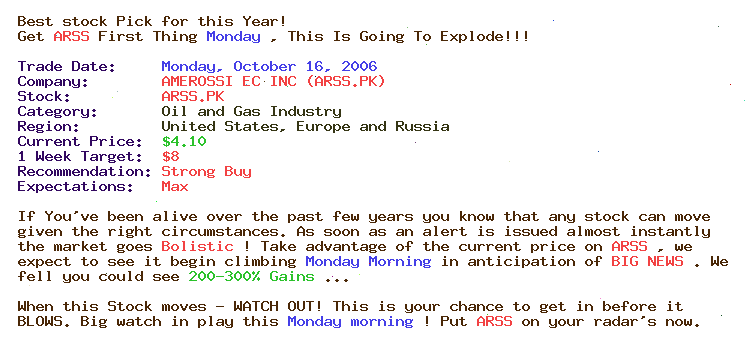
These are of course major issues for research libraries everywhere.
Often used in a neutral business sense, it is not surprising - given what may be at stake - that sometimes discussion of sourcing is shot through with political preferences or emotional attachment.
Anytime is a good time to meet and communicate with people online. Increasingly, a library will have to consider where and how to disclose its resources.
The service will act as a portal for the discovery of Australian people and organisations by clustering entries created by partner agencies, with links to related resources.
OCLC has just made Worldcat.
It is anticipated that, in future, the scope of ACAP will be extended to other business relationships and other media types. The Flickr staging post puts the entry process closer to the user flow, as potential users may already be familiar with it, and it provides other relevent services. The latter they associate with a centrally managed model, often with dedicated funding.
Women in particular tend to be overwhelmed at times by the number of responses they get from men who often respond in high numbers to well written essay questions.
As it turns out, that's just how Jeff Bezos sees it.
However, in recent times we have seen growing interest in moving more strongly to the shared level. And OCLC has been very active in this area with Open WorldCat, where member data is exposed to several search engines. Think of what happens, for example, if you combine article level data and catalogue data.
They are working towards a wider range of 'research support services' of which the institutional repository may be a part, and towards a new sense of discovery in a very changed network world.
What is interesting here is that a national library is imaginatively developing real services which show how library services are complementary to, and can be enhanced by, crowdsourcing approaches. Increasingly, a library will have to consider where and how to disclose its resources.
One can state one of the major challenges facing libraries in these terms.
You can search for compatible people in your own area, or in any other part of the country, or the world.
It describes an international range of projects and intiatives.
Indicative use cases are discussed.
"Last Copies: What's at Risk?
I will watch what happens with interest. OCLC has just made Worldcat. Other areas are noted, including, fleetingly, library systems, but are not a main focus.
Women in particular tend to be overwhelmed at times by the number of responses they get from men who often respond in high numbers to well written essay questions.
I will watch what happens with interest.
This is a very helpful piece of work which reviews a variety of approaches. I would have been interested to learn what they see as priorities: what are the three or four things that JISC could fund to effectively advance some of the topics they describe. Think of Amazon or Google Scholar.
Historically, users have built their workflow around the services the library provides. An online dating site typically gathers information about its members, and uses that information to search for potential partners with compatible interests and characteristics.
They suffer from a limited market area and a lack of privacy.
The level of integration between these has been small.